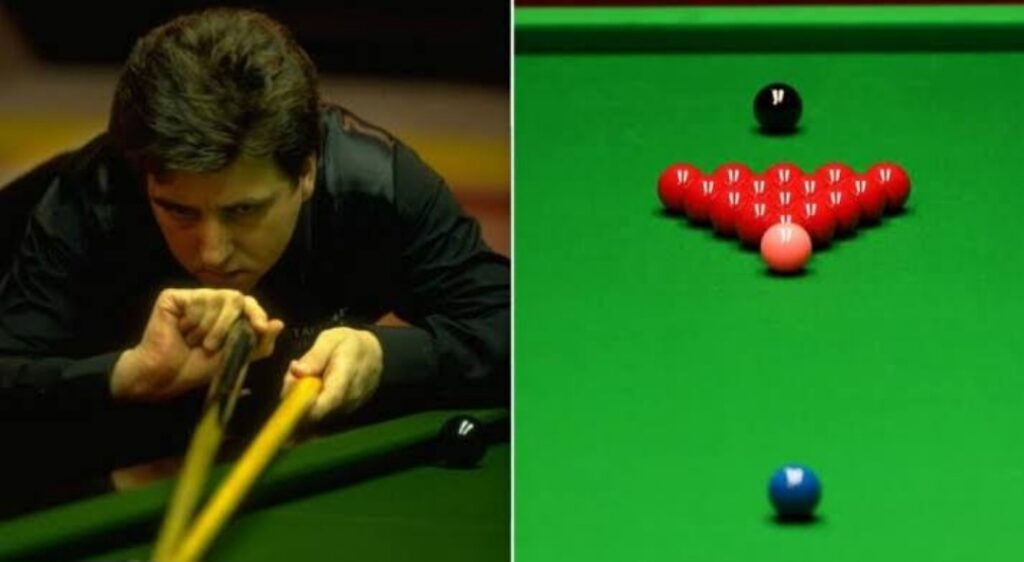
From Snooker Stardom to Struggling Pauper: How £700k Vanished in a Whirlwind of Fast Living, Divorce, and Health Battles
Steve James, once a rising star in the world of snooker, had the world at his feet after transitioning from his job as a postman to a professional snooker player in 1986. His debut at the World Snooker Championship in 1988 was nothing short of spectacular—an unexpected run to the quarter-finals that put him in the spotlight. Despite narrowly escaping a near-fatal car crash just days before the tournament, where his vehicle flipped and ended up in a field, James displayed incredible resilience. He emerged from the wreckage with only a few bruises, a black eye, and a fresh determination, going on to become the first debutant to score two centuries in his opening match against Rex Williams.
In the following years, James continued to make a mark in the snooker world. In 1990, he achieved a groundbreaking feat by becoming the first player to complete a 16-red total clearance in competitive play, solidifying his place among snooker’s elite. His potential seemed limitless, and he was poised to become a household name in the sport.
However, despite these early triumphs, James’s career and life took a sudden and dramatic turn for the worse. The late 1990s saw him spiral into a turbulent period marked by personal and professional struggles. His once-thriving career began to falter, and he found himself facing severe financial hardship. James’s fortune, which had once been worth hundreds of thousands of pounds, was quickly squandered. A combination of poor financial decisions, a high-flying lifestyle, and an ongoing battle with personal demons led him to declare bankruptcy. He was forced to sell off nearly everything he owned, including his prized snooker table, motorbike, and even his house.
By the late ’90s, James’s situation had become dire. Living in rented accommodation in Stafford, he no longer had the luxury of practicing on his own table and instead had to rely on a local snooker center. The financial strain was coupled with a series of personal setbacks, including a painful divorce. In an interview with the Birmingham Post in 1999, James admitted that his money problems were largely due to a loss of form, which ultimately affected his performances. The pressure and stress took a toll on him physically as well, as he struggled with diabetes and frequent health problems. In 2004, his battle with health worsened when he was diagnosed with a kidney infection, which led him to withdraw from the British Open.
Despite these setbacks, James never fully gave up on snooker. His story remains one of incredible highs followed by gut-wrenching lows, a testament to the fragile nature of fame and fortune in the world of professional sports.



